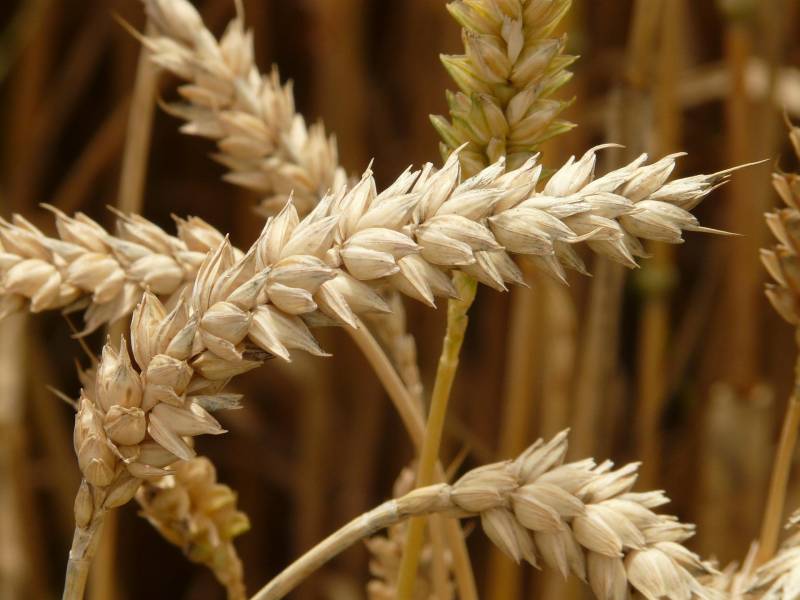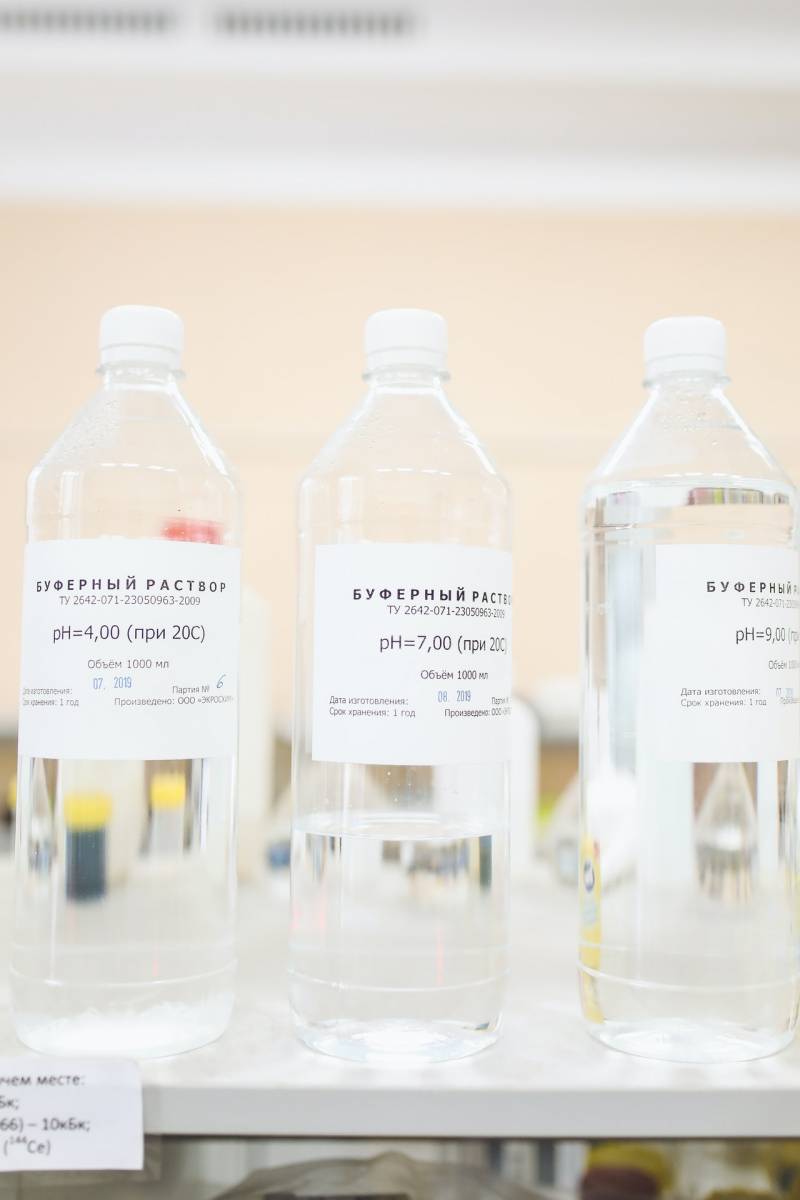The human body is dependent on various nutrients to maintain a healthy metabolism and to help normal functioning of all its systems. Apart from the more vital macronutrients like proteins, carbohydrates, fats and micronutrients like vitamins, there are several minerals, salts, metals and non-metals, which are also essential. Zinc is one such essential nutrient. Zinc, also abbreviated as ‘Zn’ is chemically classified as a metal. It is extracted from underground mines by many chemical and industrial procedures. Zinc has wide spread utility ranging from its uses for industrial purpose to its importance as a dietary supplement. It is an essential part of the human diet, because it performs many vital functions for the human body.
Apart from performing specific functions for a particular system of the body, zinc also has many generalized functions. It is a part of about more than 100 enzymes found in the human body which have metabolic functions. Zinc atoms are also known to be attached to certain amino acids, which makes its role in protein metabolism vital. A study has been done to prove that zinc is required for the normal and timely completion of the process of DNA and RNA synthesis. Generation of new DNA from the older one is accelerated by zinc. DNA is the sole deciding factor of parameters like the body stature, the growth rate, the built of the person etc. Normal and uniform physical growth is seen in individuals usually up to the age of 15-20 years. Zinc boosts the body tissues to proliferate and develop and thus promotes healthy growth in children. As essential as it is that all tissues in organs should develop and grow normally, it is also essential to keep a check on uncontrolled growth of any cells. This function is also performed. The human body performs controlled and carefully planned destruction of senile body cells to make place for newer ones. This is called as apoptosis, for which zinc is again essential.
Zinc is known to have a lot of benefit if consumed regularly by growing children. It helps to boost immunity and keeps away cold and cough which are the most commonly diseases affecting small kids. Zinc lozenges are available for children to be consumed during bouts of cough. During puberty, there is extra requirement of zinc in children, for normal development of sexual characters.
The specific systems which benefit a lot from zinc are majorly the digestive and the reproductive symptoms. Digestion of food which we consume is majorly dependent on the hydrochloric acid secreted in the stomach. Zinc plays a major role in the chemical reaction which leads to synthesis of HCl in the stomach lining. Interestingly, adequate levels of hydrochloric acid are very important for zinc to be absorbed from the food which is eaten. Health conditions associated with less or no formation of HCl can be treated more efficiently by including zinc rich food in daily diet. Another function of the digestive system is the synthesis of intrinsic factor. This is needed for absorption of Vitamin B12. In absence of deficient quantities of zinc, intrinsic factor cannot be synthesized in optimal quantities. Thus Vitamin B12 deficiency may be treated with zinc supplements along with the vitamin supplements.
The reproductive systems of men as well as women utilize zinc to perform a lot of functions. In men, the production of healthy sperm and formation of healthy semen is dependent on zinc. Since zinc is a part of many enzymes, the various stages of formation of sperm are dependent on the zinc levels in the man’s body. Zinc also controls testosterone levels. Zinc supplements play a major role in treating impotency and infertility in men. Erectile dysfunction has been known to be cured by prescribing zinc supplements to the patients. Women benefit from zinc, as much as men do. In women, estrogen and progesterone are the hormones which control all the reproductive functions. Zinc plays a significant role in synthesis of these hormones and regulation of their levels. Treatment of health conditions like female infertility, gynecological conditions like adenomyosis, fibroids, can be hastened if the patients are given the required quantities of zinc along with the suitable medication.
Skin conditions like acne vulgaris and herpes simplex respond very well to topical applications containing zinc are widely used. Other health conditions like hair fall, hypertension, diabetes mellitus, rheumatoid arthritis, sickle cell anemia, also respond well to zinc supplements. Zinc has a specific interaction with the metal copper. Zinc is known to help in reduction of copper levels in the human body. Hence it is very important in the treatment of Wilson’s disease in which copper excretion from the body is hampered.
These are the important physiological uses of zinc. For these functions to be carried out normally, adequate quantities of zinc have to be present in the human body. According to research, around 12-14 milligrams of zinc is needed by adult males daily. In women the requirement is 8 milligrams daily. Pregnant women can safely consume zinc, without any harmful effects. But they need more dosage, of about 10 milligrams per day. Zinc is found in traces all over the human body. It is distributed in the muscle tissue, bones, kidneys, liver and brain. Over 2-4 grams of zinc is usually present in the human body at a given time. However it is the prostate gland in men which is the actual storehouse of zinc. If more than the required zinc accumulates in the human body, its effects maybe toxic to the health. Zinc is however not synthesized by the human body. It needs to be ingested by consuming zinc rich foods. Eggs, various meats, seafood, milk, are the more important sources of zinc. For vegetarians beans, nuts, legumes, leafy vegetables, are good sources of zinc. Pumpkin and its seeds are very rich sources of zinc, and are often utilized in preparation of zinc supplements.

The metabolism and utilization of the consumed zinc is a function of the liver. The excess of zinc is excreted via the stool and urine. If the daily requirement is not fulfilled, it leads to zinc deficiency, which is manifested by symptoms like hair fall, recurrent oral ulcers, diarrhea, weakness and muscle cramps, ocular lesions, reduced appetite. In growing children, stunted growth and under developed sexual characters may be seen. Similarly, even excessive accumulation of zinc is harmful for health. Nausea, vomiting, cramps in the abdominal muscles are few of the symptoms of zinc toxicity.
Zinc with all its good properties is very beneficial to the human body. Its consumption, in optimal quantity must be encouraged by physicians and dieticians alike to maintain overall good health.
References:
- https://ods.od.nih.gov/factsheets/Zinc-HealthProfessional/
- http://www.webmd.com/vitamins-supplements/ingredientmono-982-zinc.aspx?activeingredientid=982
- http://www.mayoclinic.org/drugs-supplements/zinc/dosing/hrb-20060638
- https://www.nrv.gov.au/nutrients/zinc
- http://natural-fertility-info.com/zinc-fertility.html



